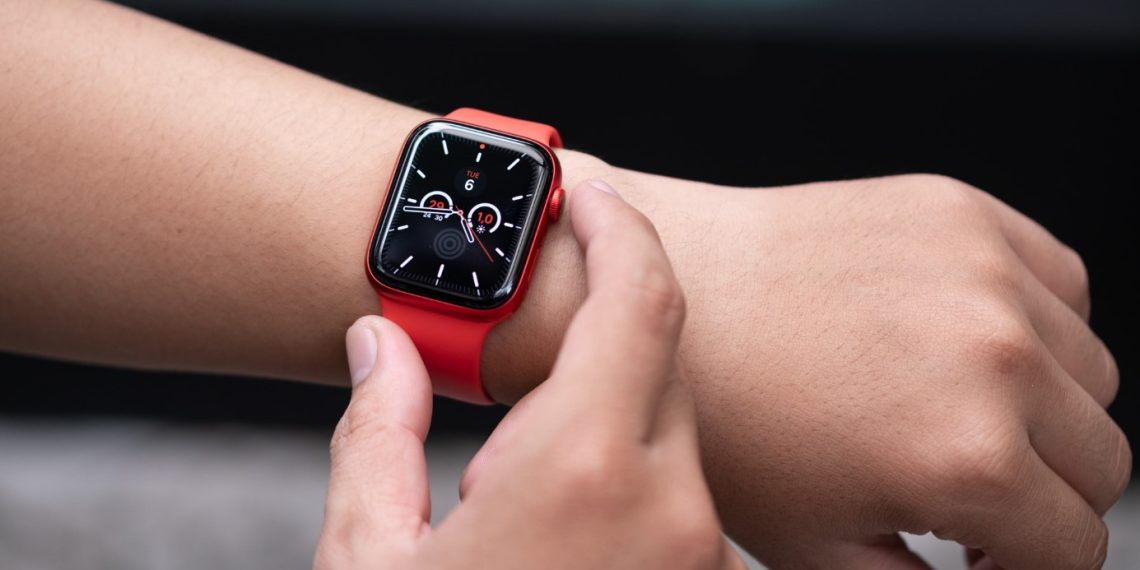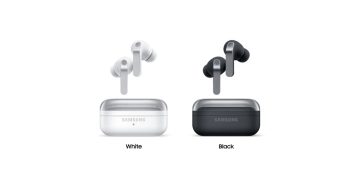The Apple Watch has gone beyond its initial purpose of being a time-keeping and fitness device. Its innovative features have made it a lifesaving device, as exemplified in a recent incident where its Fall Detection feature came to the rescue of a woman with a severe heart issue.
Detecting the Fall and Promptly Dialing 911
While on a business trip, the woman began experiencing chest pains and contacted a friend in her hotel. However, before her friend could arrive, the woman collapsed face-first on the ground. Luckily, her Apple Watch immediately detected the fall and automatically called 911, sending an ambulance to her location.
Upon arriving at the hospital, the woman was diagnosed with a ruptured aorta and was immediately rushed into surgery. She later credited the Apple Watch with saving her life, stating that the device’s quick response time helped increase her chances of survival.
Life-saving Capabilities of the Apple Watch
This incident is just one of the many examples of the Apple Watch’s life-saving capabilities. From detecting undiagnosed heart conditions to diagnosing blood clots in the lungs, the Apple Watch has become a trusted medical companion for many of its users. Its Fall Detection feature has been praised for its ability to detect potentially dangerous falls and alert emergency services. In fact, the feature has been so effective that it has been credited with saving countless lives.
Integrating Mental Health Tracking Capabilities
Recent leaks have stated that the watch is integrating mental health tracking capabilities with the Apple Watch, showing Apple’s commitment to its wearable device. This integration will enable users to track their mental health and identify patterns that may indicate potential issues, providing an opportunity to seek medical help proactively.
The Role of Technology in Healthcare
This incident serves as a reminder of the crucial role technology can play in healthcare. Wearable devices like the Apple Watch continue to advance, and it’s becoming increasingly clear that they have the potential to revolutionize the way we approach medical care. In fact, a man was alerted to a potentially fatal condition by his Apple Watch, and he received treatment in time, preventing a tragedy.
In conclusion, the Apple Watch’s Fall Detection feature is just one of the many lifesaving capabilities that make it an essential device for many individuals. As technology continues to advance, it’s likely that wearable devices will play an increasingly important role in healthcare.












































































































































































